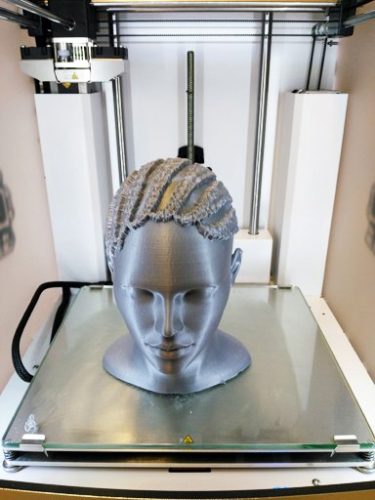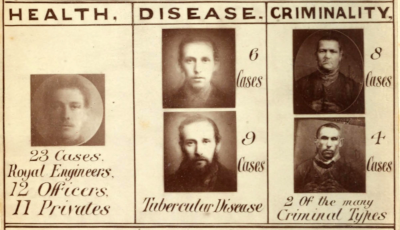
The English translation of Martin Luther and Phillip Melancthon’s 1523 Deuttung der czwo grewlichen Figuren, Bapstesels czu Rom und Munchkalbs czu Freyerbeg ijnn Meysszen funden is a 19 page pamphlet describing two monsters: a pope-ass and a monk-calf. The former, a donkey-headed biped with one hand, two hooves, and a chicken’s foot, per Arnold Davidson, represents how “horrible that the Bishop of Rome should be the head of the Church.” The latter, a creature that brings to mind Admiral Akbar (think, “it’s a trap!”), illustrates the “frivolous prattle” of Catholic Sacraments. Davidson explains, “Both of these monsters were interpreted within the context of a polemic against the Roman church. They were prodigies, signs of God’s wrath against the Church which prophesied its imminent ruin.” Fifty-six years after the pamphlet’s original publication in German, Of two wonderful popish monsters was distributed in English.
Nearly 600 years after that, in August of last year, five larger-than-life statues of a naked, blonde, bloated man were affixed to the pavement in highly trafficked areas of Cleveland, San Francisco, New York City, Los Angeles, and Seattle.








